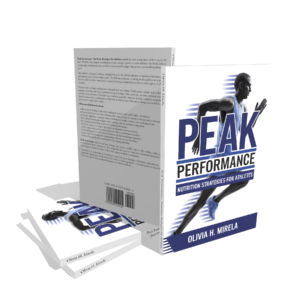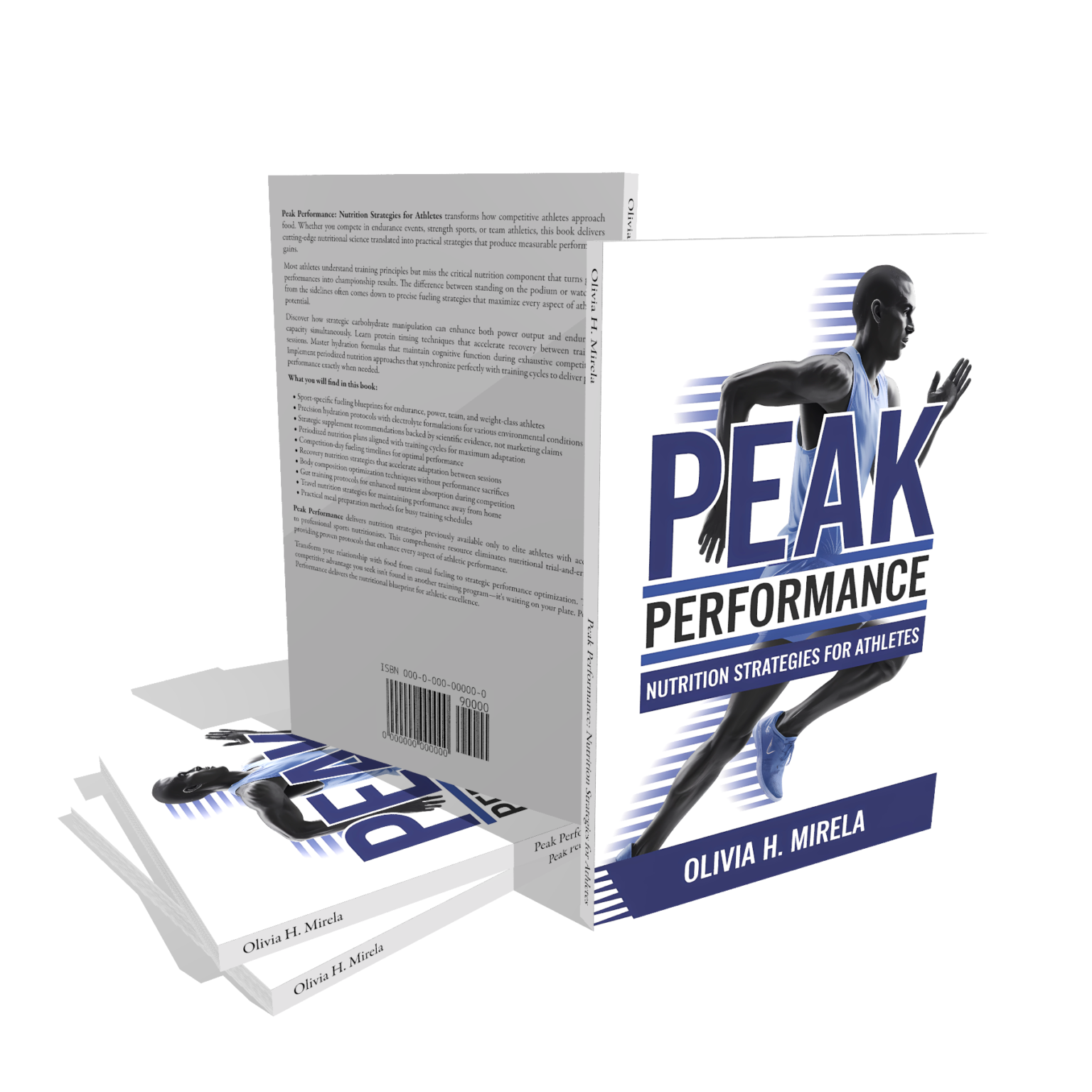Peak Performance Nutrition Strategies for Athletes Book Review – Complete Guide to Athletic Nutrition Excellence

Peak Performance: Nutrition Strategies for Athletes transforms how serious athletes approach fueling for optimal performance and recovery. Whether you’re struggling with inconsistent energy levels during training, experiencing slow recovery between sessions, or searching for that competitive edge through strategic nutrition, this comprehensive guide delivers evidence-based solutions that work. Unlike generic nutrition advice, this book provides sport-specific protocols that address the unique demands of endurance athletes, strength competitors, and team sport performers.
This practical resource bridges the gap between complex nutritional science and real-world application, offering actionable strategies you can implement immediately. From precision hydration protocols to periodized nutrition plans that align with your training cycles, every recommendation is grounded in both cutting-edge research and proven results from elite-level competition.
What You’ll Discover
- Sport-Specific Fueling Blueprints: Master tailored nutrition strategies for endurance, power, and team athletes that optimize performance for your unique demands
- Precision Hydration Protocols: Learn advanced electrolyte formulations and timing strategies to maintain peak cognitive function during competition
- Recovery Acceleration Techniques: Discover nutrient timing strategies that cut recovery time in half and enhance adaptation between training sessions
- Periodized Nutrition Planning: Overcome performance plateaus by synchronizing your nutrition with training cycles for maximum results
- Performance Enhancement Through Meal Timing: Transform basic eating into strategic fueling that elevates strength, endurance, and power output
- Evidence-Based Supplement Strategies: Navigate supplement confusion with research-backed recommendations that deliver real performance benefits
Why This Book Matters
Athletic nutrition represents the most overlooked performance variable among competitive athletes. While you invest countless hours perfecting technique and building fitness, suboptimal fueling strategies can sabotage months of training progress. This book addresses the critical gap between knowing you should “eat healthy” and understanding exactly how to fuel your body for peak athletic performance.
Peak Performance delivers the precise nutritional protocols used by elite athletes, scaled and customized for competitors at every level. You’ll eliminate the guesswork from meal planning, master the art of competition-day fueling, and develop recovery strategies that allow you to train harder and more frequently while reducing injury risk.
Key Features
This comprehensive ebook spans multiple chapters covering sport-specific nutrition protocols, hydration strategies, recovery optimization, and performance periodization. Available as an instant digital download, you’ll receive immediate access to detailed meal planning templates, hydration calculators, and supplement timing guides. The format allows for easy reading on any device, with printable meal prep worksheets for hands-on practice. Also available as audiobook on Google Play Books and Spotify for convenient listening during commutes or workouts.
Frequently Asked Questions
How does Peak Performance differ from other sports nutrition books for athletes?
Peak Performance stands apart through its sport-specific approach and periodized nutrition strategies. Rather than generic healthy eating advice, this book provides precision protocols based on the unique demands of different sports, teaching you how to synchronize nutrition with training cycles for maximum performance optimization.
Can recreational athletes benefit from these advanced nutrition strategies for peak performance?
Absolutely. The fundamental principles scale effectively for athletes at all levels. Recreational competitors often see even greater improvements since their nutrition typically has more optimization potential. The book’s flexible framework allows adaptation to any schedule or competitive level.
What specific results can athletes expect when implementing these nutrition strategies?
Athletes typically experience improved energy consistency, accelerated recovery between sessions, enhanced body composition, and better cognitive function during competition. Most notice improvements within 2-4 weeks, with substantial performance breakthroughs occurring over several months of consistent implementation.
Get Your Copy Today
Transform your athletic performance with this comprehensive nutrition guide. Available for instant download at just $6.99, this ebook provides exceptional value compared to expensive sports nutrition consultations or courses. Also available as audiobook on Google Play Books and Spotify. Purchase your copy through all major ebook retailers including Apple Books, Barnes & Noble, and Kobo to begin optimizing your athletic nutrition today.
Watch the Video Review

